We've gone Pink to help fight Breast Cancer.
Use code "BREAST" and we'll Donate $50 to National Breast Cancer Foundation
Main Menu
Petsy Breed Pages
The world’s most comprehensive information on the ...
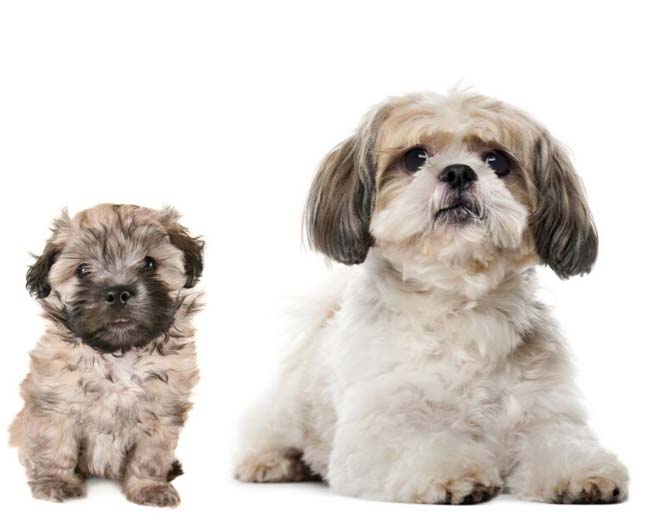
$1200.00 - $3000.00
Shoodle, Pooshi
Small
Toy Group
Medium
Medium
Medium
15 to 16 years

Would you like to know what it would cost to insure an Shih-poo? Find out by getting a free quote, with petsy pet insurance.





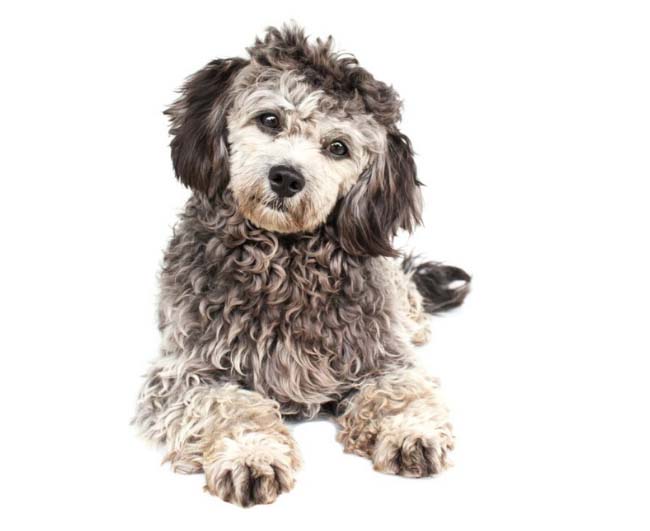
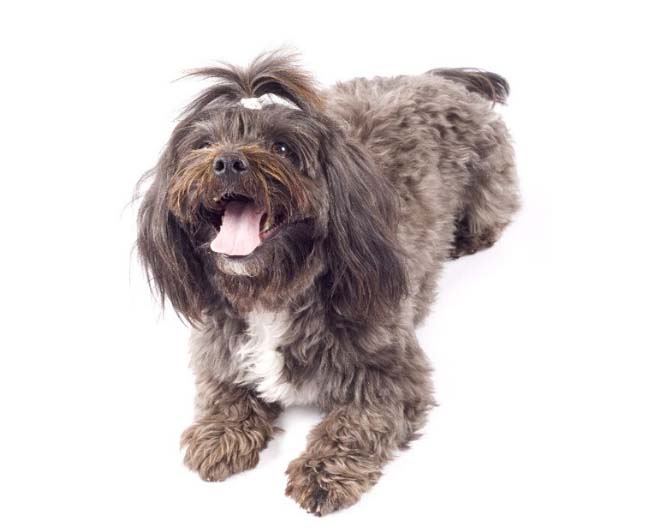

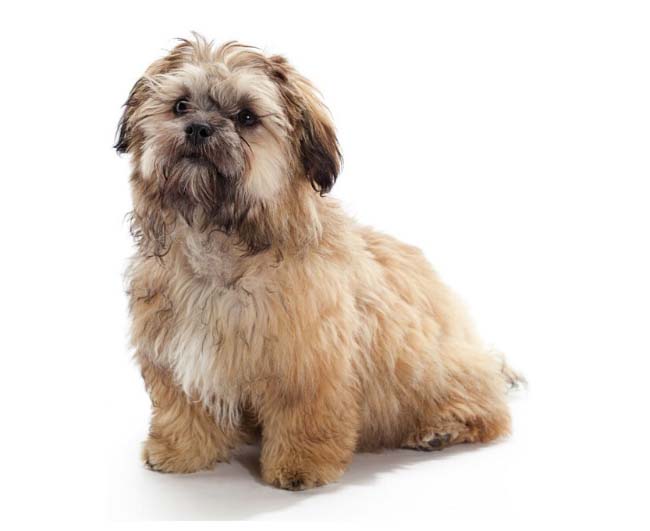

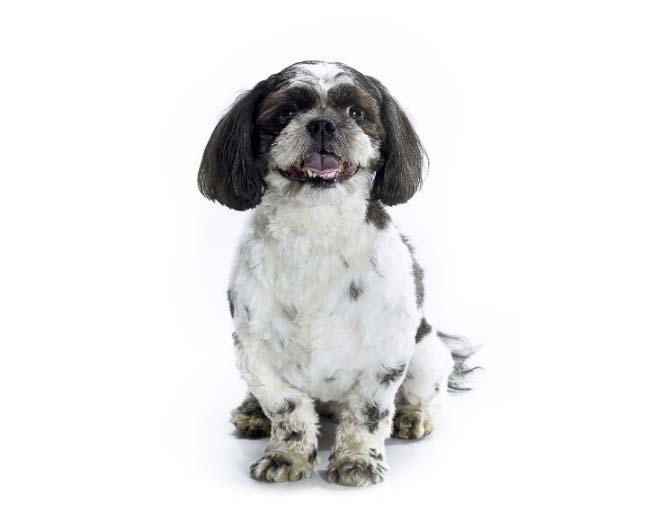

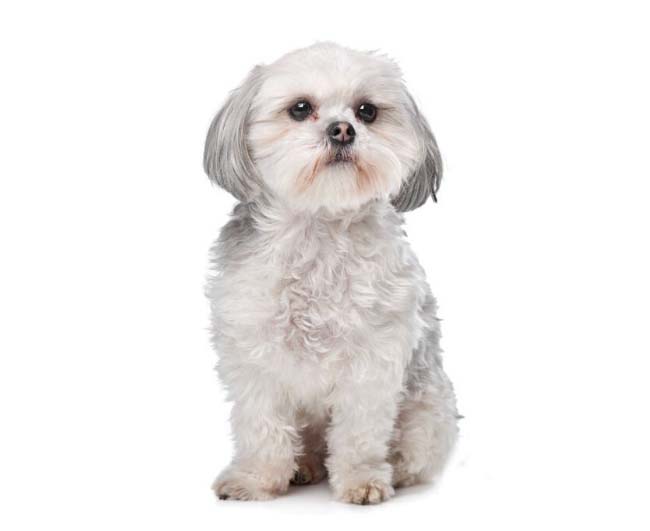
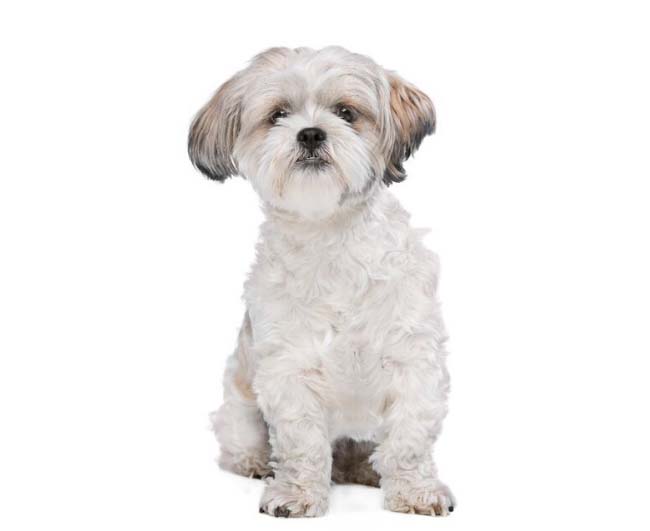
Shih-poo come in a variety of colours, including Dark Silver, Parti Silver and White, Tan Sable, White and Lemon, Parti Blacka and White, White and Lemon, White and Silver, White and Tan Markings.


How much do
Shih-poo eat?
0.75 to 1.00 cups of food a day

How much
exercise do they need?
30 to 60 Mins

Are they kid friendly? Love playing with kids, get along very well

Do they need a lot of space? Although they are active, they prefer indoor environments
Patellar Luxation
Legg-Perthes Disease
Hip Dysplasia
Heart murmurs
Shih-poos should be fed high-quality dog food. They are recommended to have at least 3/4 to 1 1/2 cups of high-quality kibble. To establish a diet schedule for your Shih-poo, you can meet with your veterinarian. If you have any questions about your dog's weight or diet, consult your veterinarian. Clean, fresh water should be available at all times.
Shih-poos are known to have either straight or curvy long coat. They tend to be very light shedders. This makes them suitable for dog owners who have sensitivity to fur. They need to be brushed weekly to keep their fur healthy. Regular trimming of the nails is required.
Keeping them clean and neat does not take so much effort. Begin accustoming them to being brushed and examined when they are still puppy. Handle their paws frequently ? dogs are touchy about their feet ? and look inside their mouth. Trim their nails once or twice a month if your dog doesn't wear them down naturally to prevent painful tears and other problems. Their ears should be checked weekly for redness or a bad odour, which can indicate an infection. Your careful weekly exam will help you spot potential health problems early.
Shih-poo has a moderate amount of exercise needs. They enjoy playing and can easily get more exercise by allowing your Shih-Poo to play outside in a fenced-in yard. Besides brisk walks, try to give your dog some time to run around a fenced yard off-leash. Physical activities will stimulate them and will make them happy.
Regular visits to their vet will ensure their health and well-being. Schedule at least twice a year veterinary care or as recommended depending on your dog's state. In these visits, your vet will complete a physical examination, take your dog's temperature and check his heartbeat, among other things. Discuss with your vet any concerns you think need immediate attention as it is a key part of preventative care.
Shih-Poos make excellent companion pets for almost anyone. They enjoy the attention and being pampered and adored. They are extremely adaptable and can thrive in almost any environment, including a family home, an apartment, or a tiny house in the middle of nowhere. They play well with children, but interactions with toddlers and smaller children should be closely supervised. Early exposure and socialization with kids will help teach them how to behave around them.
Shih poos are intelligent and eager to please, making their training relatively easy. However, one of the most common challenges they face is that they become easily bored if training becomes too repetitive. It is recommended that they keep their training interesting by doing short bursts of training. Training them will require patience and consistency. So, start using positive reinforcement, including lots of treats, to help them be more interested.
Shih-Poos can get along with other animals if they are introduced gradually and calmly, and early socialization will aid in this process. They are not known to be aggressive toward other dogs and even cats. Socialization training, however, like with any other breeds, is needed, especially at an early age.
Here are some of the breeders who we work with as part of our breeder awareness program.
They are invested in ensuring the longevity of the breed and that new owner become responsible Affenpinchers owners.
Affenpinchers who are friends of Petsy





Enter your email in the form below and we will send you the full report as a pdf directly to your inbox.
Don’t worry, we hate spam too – read our privacy policy
Find the right level of insurance for your needs our customised quote takes less than a few minutes to complete.
Shih-poos should be fed high-quality dog food. They are recommended to have at least 3/4 to 1 1/2 cups of high-quality kibble. To establish a diet schedule for your Shih-poo, you can meet with your veterinarian. If you have any questions about your dog's weight or diet, consult your veterinarian. Clean, fresh water should be available at all times.
Shih-poo has a moderate amount of exercise needs. They enjoy playing and can easily get more exercise by allowing your Shih-Poo to play outside in a fenced-in yard. Besides brisk walks, try to give your dog some time to run around a fenced yard off-leash. Physical activities will stimulate them and will make them happy.
Shih-Poos make excellent companion pets for almost anyone. They enjoy the attention and being pampered and adored. They are extremely adaptable and can thrive in almost any environment, including a family home, an apartment, or a tiny house in the middle of nowhere. They play well with children, but interactions with toddlers and smaller children should be closely supervised. Early exposure and socialization with kids will help teach them how to behave around them.
Shih-Poos can get along with other animals if they are introduced gradually and calmly, and early socialization will aid in this process. They are not known to be aggressive toward other dogs and even cats. Socialization training, however, like with any other breeds, is needed, especially at an early age.
Suite 58, Mezzanine/388 George St, Sydney NSW 2000
Petsy Pty Ltd (ABN 54 633 343 058, AR 1277359) (‘Petsy’) distributes and promotes Petsy Pet Protection Plus (formally Petsy Pet Insurance), Petsy Puppy Protection Plus and Petsy Kitten Protection Plus as an authorised representative of Knose Financial Services Pty Ltd (ABN 38 620 795 735, AFSL 536651) trading as ThePetInsuranceCompany.com.au (‘ThePetInsuranceCompany.com.au’). ThePetInsuranceCompany.com.au is an underwriting agency acting under a binding authority as an agent for the insurer; Pacific International Insurance Pty Limited (ABN 83 169 311 193) (‘Pacific) in relation to Petsy Puppy Protection Plus and Petsy Kitten Protection Plus policies and Petsy Pet Protection Plus policies from 01 March 2023 or have an anniversary renewal date from 18 March 2023, and the Australia branch of Allied World Assurance Company, Ltd (ABN 54 163 304 907) (‘Allied World’) in relation to Petsy Pet Insurance policies purchased between 17 February 2022 and 28 February 2023 (inclusive) or renewed between 01 March 2023 and 17 March 2023 (inclusive). In all aspects of arranging this product, Petsy and ThePetInsuranceCompany.com.au act as an agent of Pacific/Allied World (as the case may be) and not as your agent. Any advice contained in this email is general advice only and has been prepared without taking into account individual objectives, financial situation or needs and you should consider the appropriateness of any such advice, the Product Disclosure Statement (‘PDS’) and the Target Market Determination (‘TMD’) available via http://www.petsy.com.au or by calling 1300 952 790 before making a decision to acquire, or to continue to hold, the product. Terms, conditions, limits and exclusions apply. Please refer to the PDS.
© Copyright 2024 Petsy Pet Insurance
During the application process You will be provided with the option to include Optional Extra Benefits that cover certain conditions and Treatments which are not otherwise covered under the Policy.
The Optional Extra Benefits are:
Alternative Therapies, Behavioural Problems, and Dental Illness.
Examples of Alternative Therapies: Acupuncture, physiotherapy, hydrotherapy
Examples of Behavioural Problems: Excessive licking, fur pulling, pacing and destructive
chewing.
Examples of Dental Illnesses: Dental diseases, gingivitis, periodontal disease.